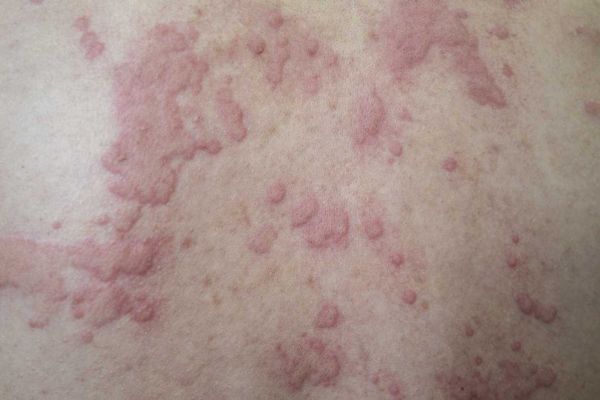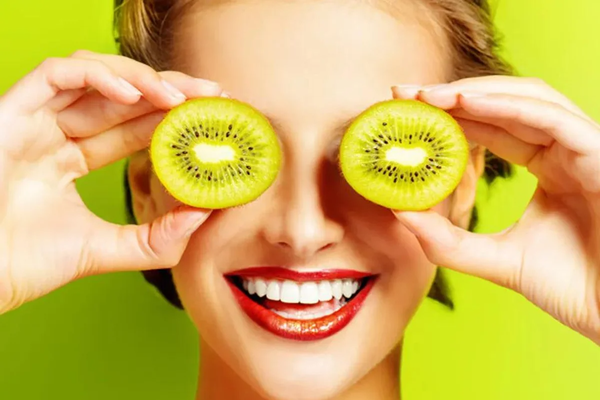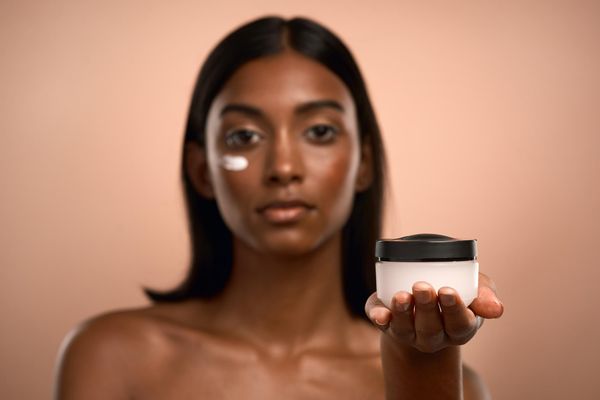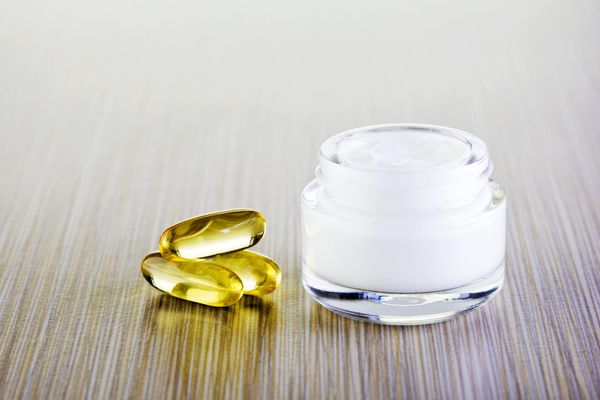Cold weather, and dry indoor air. It’s the perfect recipe for chapped lips, which occur when your lips are flaking, scaly, dry, swollen and maybe even cracked or bleeding.
You may feel like you’ve tried everything to make them better, but they just keep coming back. Read more to see how to help your chapped lips.
What causes chapped lips?
Like other parts of the skin, lips don’t contain oil glands. That means they’re more susceptible to drying out and becoming chapped, and a lack of moisture can make the problem worse.
Several things can cause chapped lips, including:
- Weather — lack of humidity in the air during the winter months is one cause of chapped lips, but frequent sun exposure in the summer can also be the culprit
- Certain medications — vitamin A, retinoids, lithium and chemotherapy drugs
- Habitual licking — Saliva from the tongue can strip the lips of moisture, causing more dryness
How to help chapped lips
You don’t have to live with chapped lips. Here are some tips to help heal dry and cracked lips and give you ones that are soft and supple.
Apply the right products
Be sure to use non-irritating lip balm, lipstick and other products on your lips. Products shouldn’t feel like they’re stinging, burning, tingling or uncomfortable on the lips. That’s a sign that you’re irritating them. Avoid products with flavoring (especially mint, peppermint, cinnamon and citrus), fragrance, menthol, eucalyptus, camphor, lanolin and salicylic acid.
Look for ingredients that can help heal chapped lips, such as:
- Hemp seed oil
- Mineral oil
- Castor seed oil
- White petroleum jelly
- Shea butter.
Avoid licking your lips
It may feel natural to wet lips when they feel dry, but saliva evaporates quickly. That leaves lips drier than before you licked them. If you tend to lick your lips, pass on flavored lip balm, which may tempt you to lick your lips even more. You also want to avoid picking or biting your lips, which can prevent them from healing.
Stay hydrated
Chapped lips are dry. So be sure to stay hydrated by drinking more water. You may also want to use a humidifier to help keep the air in your home moist.
Beware of the elements
When it’s cold, wrap your mouth with a scarf so your lips are protected from wind and cold temps. Always apply (and reapply often) a non-irritating lip balm with 30 SPF or higher before going outdoors, no matter what the temperature is. The balm will help moisturize your lips and prevent them from drying. Plus, the sun can burn chapped lips more easily.
Breathe through your nose
Breathing through your mouth can cause your lips to dry out. To get in the habit of breathing through your nose, try the pursed lip technique: Inhale through your nose for two beats with your mouth closed and exhale slowly through pursed lips for four counts.
Don’t hold metal items in your mouth
Jewelry, paperclips and everyday products can irritate lips that are already sensitive.
If chapping is severe and unresponsive to at-home treatment, consult your doctor. You may be experiencing cheilitis (cracked skin at the mouth corners and cracks on your lips), malnutrition or dehydration. Or you may have an allergic reaction or yeast infection. Rarely, persistent chapped lips may indicate an underlying problem.- The Secret Supermarket Skin Saver ›
- Must-Know Winter Makeup Tips ›
- Fix It: Chapped Lips ›
- Healthy Skin in the Winter - HealthyWomen ›







